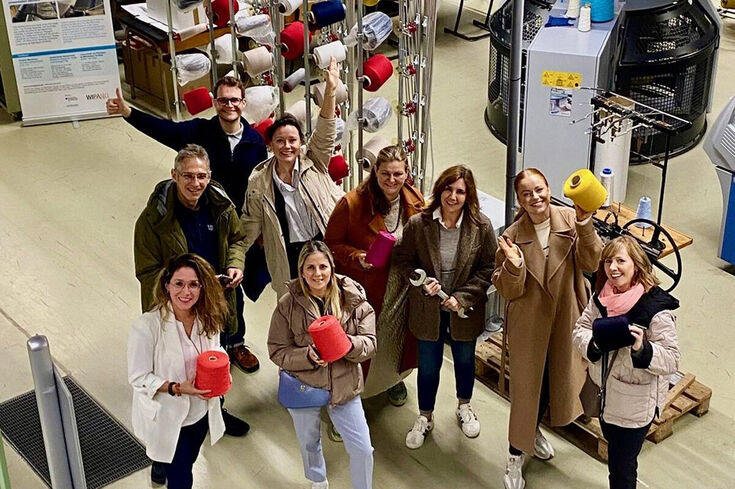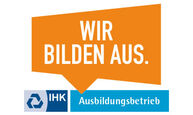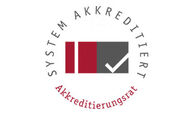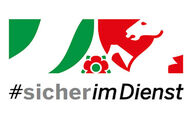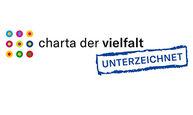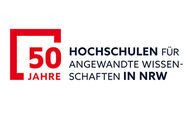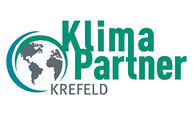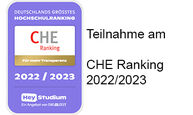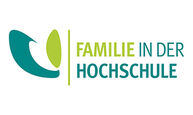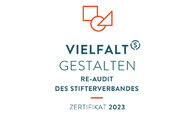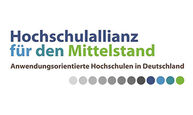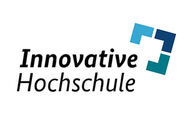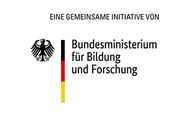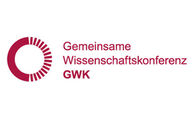The fashion and textile industry is facing a necessary transformation: as one of the least sustainable sectors in the world, it faces significant environmental challenges, from microplastic pollution to excessive greenhouse gas emissions. However, the industry sees this as an opportunity: creative and innovative solutions in the field of sustainability and digitalisation are being developed under the term "Twin Transition". Co-funded by the European Commission, the "FAIR FASHION" project brings The Hochschule Niederrhein together with partners from Ireland, Denmark, Turkey and the Netherlands to support small businesses and lecturers with innovative tools to promote the green and digital transition in the fashion industry for a more sustainable and fairer future.
"Fashion companies today face challenges such as reviewing supply chains, implementing inclusive hiring criteria and ensuring that environmental claims are verifiable and measurable," says Prof Dr Sue Rossano-Rivero, Professor of Sales and Marketing at the Faculty of Business Administration and Economics at Hochschule Niederrhein. "This is the only way they can appear authentic - and that is an important criterion for convincing customers today."
Long-term, sustainable branding - and not a quick marketing trend - is important in order to stand out among the huge competition: "In today's rapidly evolving market, consumers, especially Gen Z and millennials, are demanding more from the brands they interact with. It is no longer enough for a brand to simply sell a product, it must also stand for something. Concepts such as authenticity, inclusivity and sustainability have become crucial elements of branding and marketing," says Alexandro Dreyer Duarte, a student at The Hochschule Niederrhein who is writing his thesis in the "FAIR FASHION" project. "Consumers tend to buy products from brands that embody their values." The problem: on the market, some companies try to put the brand in the right light by greenwashing, i.e. exaggerating or falsifying environmental commitments, or bluewashing, an act of misrepresenting a company's values and actions.
The "FAIR FASHION" project aims to strengthen Europe's fashion and textile industry in this area of tension by working with lecturers, mentors, companies, industry experts and university students to provide universities with practical resources and actionable strategies to promote the twin transition. "Our goal is to equip teaching educators, businesses and future professionals with the knowledge and tools needed to utilise greener practices and cutting-edge technologies," says Sue Rossano-Rivero.
The project's innovative partners include the Amsterdam University of Applied Sciences (AUAS), known for its renowned Amsterdam Fashion Institute (AMFI), which is the scientific lead, and Istanbul Technical University (ITU), whose world-renowned Faculty of Textile Technology and Design, together with Turkey's leading technology park, ITU ARI Teknokent, is organising the project's bootcamps and supporting research and development. In addition, the European E-Learning Institute (EUEI) and Momentum Marketing Services are supporting the project in the development and implementation of practical learning materials and marketing.
"FAIR FASHION" connects universities, companies, political decision-makers and industry experts to exchange ideas, drive innovation and create a vibrant network that is committed to lasting change. Within The Hochschule Niederrhein, "FAIR FASHION" is a collaborative project between the Faculty of Business Administration and Economics and the Faculty of Textile and Clothing Technology, led by Prof Dr Anne Schwarz-Pfeiffer. Together, the aim is to inspire a new generation of managers to prioritise creativity, responsibility and sustainability. The project supports lecturers, for example, with a toolkit for teaching education on the topic of the future and sustainability. The so-called "Green+Digital Bootcamps" bring students, lecturers and industry leaders and founders together to solve real-life challenges. A mentoring programme connects students and entrepreneurs and promotes leadership skills and innovation in fashion.
"FAIR FASHION" is not only a research initiative, but also supports The Hochschule Niederrhein's mission in the areas of teaching education and internationalisation. By combining different disciplines, the project creates practical learning opportunities that optimally prepare students for the challenges of the global fashion industry. In this way, "FAIR FASHION" makes a significant contribution to driving the change towards a sustainable and fair fashion industry and at the same time apprentices a future-proof, responsible generation of leaders.
More information about the project at www.fairfashionproject.eu.
Other channels:
Instagram: "fairfashioneu"
LinkedIn: FAIR FASHION Project


